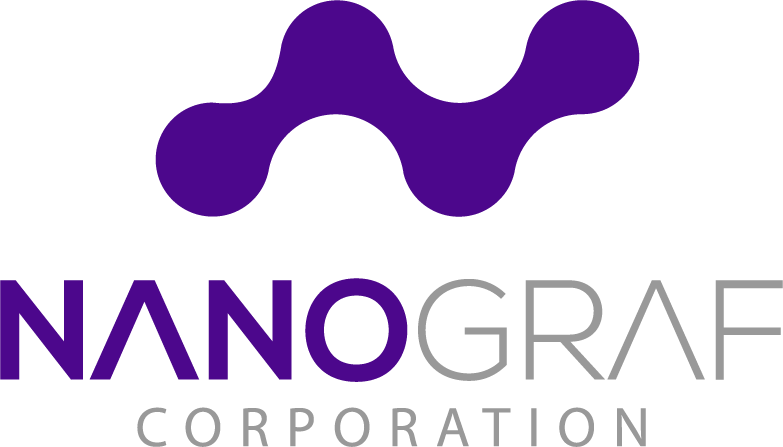Battery Tech Gets Another Boost With $65 Million Startup Bet
NanoGraf, a lithium-battery startup, has raised $65 million to help it build up its Chicago production facilities, joining a wave of investment that has poured into US battery manufacturers.
Volta Energy Technologies and CC Industries led the round, which brings the total amount raised by NanoGraf to about $100 million, the company plans to announce Tuesday. NanoGraf declined to give its valuation.
The startup’s fundraising is part of a broader effort to advance the battery capabilities critical to green technologies like electric cars. Electric vehicle companies in particular have plowed resources into building batteries in recent months.
Ford Motor Co. said this week it would invest $3.5 billion in a new EV battery plant in southwest Michigan, while Tesla Inc. said last month it will put $3.6 billion into its battery Gigafactory in the Nevada desert. Redwood Materials Inc., started by a Tesla co-founder, said earlier this month it received a $2 billion loan from the Biden administration to build enough battery components to produce a million electric cars a year.
President Joe Biden has made the battery supply chain a focus of infrastructure spending, giving tax credits to encourage carmakers to bring more of their production to the US. It’s a substantial challenge, given that most battery materials are processed in China.
Chicago-based NanoGraf won a $10 million US Department of Defense contract last November to build a large-volume factory for silicon anodes, a key component of lithium-ion batteries. The startup’s latest cash influx will support a 17,000-square-foot facility in Chicago — lessening dependence on Japan, Chief Executive Officer Francis Wang said in an interview.
Wang said the company plans to initially build batteries for use in army communications and portable equipment for soldiers, like radios and headsets. It then plans to scale up production to produce EV batteries as early as 2025. The facility will employ between 30 and 50 people.
“We’re building an ecosystem within the US to be able to commercialize and leverage the performance advantages of our tech,” Wang said. “I view this as the long game for our nation to get back into the competitive space and leapfrog over China.”
